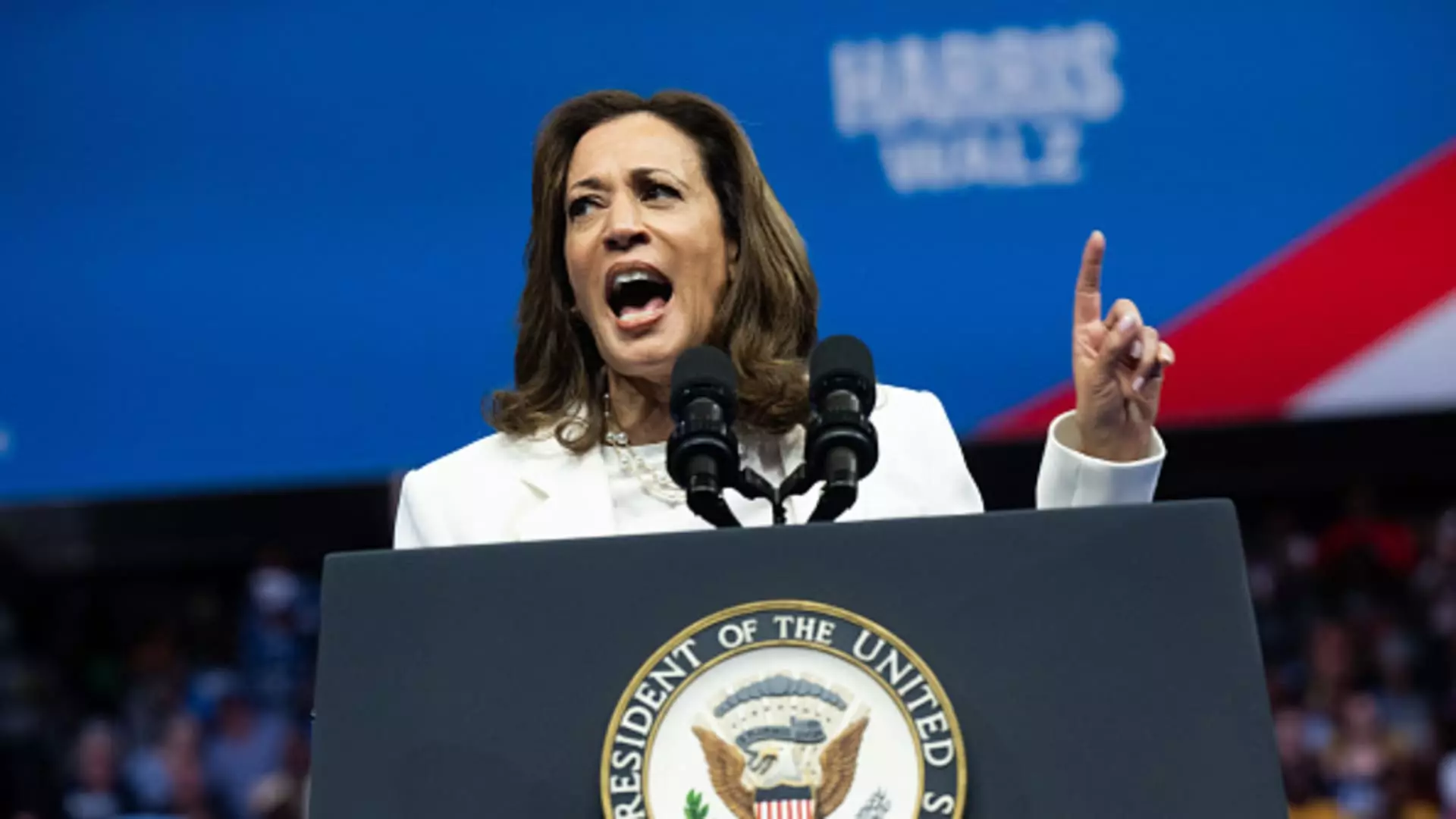Vice President Kamala Harris has recently proposed higher taxes on wealthy Americans and corporations, aligning her economic agenda with that of President Joe Biden. This includes a 25% minimum tax on total income, which would also target unrealized gains exceeding $100 million. However, experts are skeptical about the feasibility of this plan gaining traction.
Wealth Distribution in the U.S.
According to a report from Henley & Partners, there are currently 10,660 centi-millionaires in the U.S., highlighting the significant wealth disparity in the country. Harris argues that it is unfair for the wealthy to pay lower tax rates than essential workers such as teachers, nurses, and firefighters. The proposed billionaire minimum tax aims to address this issue by ensuring that the ultra-wealthy pay their fair share.
If the billionaire minimum tax were to be enacted, taxpayers with assets above the $100 million threshold would have to report unrealized gains annually. This includes detailing the original purchase price, market value, and total liabilities for each asset class. Currently, capital gains taxes range from 0% to 20% for profitable assets held for over a year, with an additional 3.8% net investment income tax for high earners.
Despite multiple attempts by Biden to include a billionaire minimum tax in his budgets, the proposals have faced significant resistance. Policy experts, such as Steve Rosenthal from the Urban-Brookings Tax Policy Center, argue that there is little political support for such a tax. Additionally, concerns have been raised about the potential negative impact on the stock market and the administrative challenges posed by the policy.
Economic Implications
Billionaire entrepreneur Mark Cuban has expressed doubts about the feasibility of taxing unrealized gains, suggesting that it could harm the stock market. Critics of the proposal, including Erica York from the Tax Foundation’s Center for Federal Tax Policy, warn that it goes against sound tax policy principles and could lead to legal challenges and liquidity issues. Overall, the debate over taxing unrealized gains highlights the complexities and controversies surrounding wealth taxation in the U.S.
While the goal of ensuring that the ultra-wealthy pay their fair share of taxes is a noble one, the proposed billionaire minimum tax faces significant challenges and opposition. Finding a balance between addressing wealth inequality and avoiding negative economic consequences is a complex task that requires careful consideration and analysis. The ongoing debate over taxing unrealized gains reflects broader discussions about fairness, economic policies, and the role of government in regulating wealth distribution.


Leave a Reply